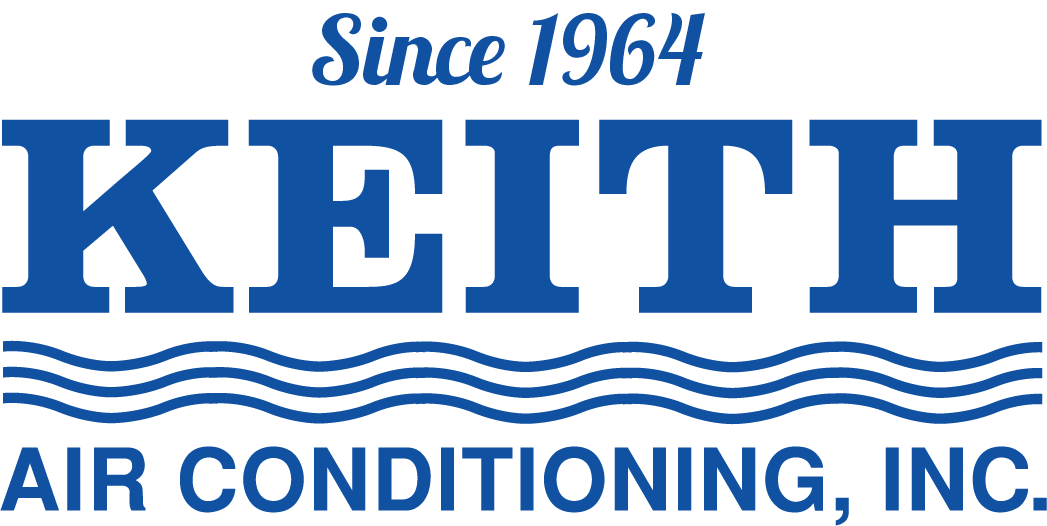Filtration and Summer Allergies: What’s the Story?
As allergy season worsens, it may seem that the best solution is to retreat indoors. Unfortunately, uncontrolled indoor air quality can be twice to five times more polluted than outdoor air quality, according to some studies. To make sure that the air in your living environment is as clean and allergen-free as possible, it’s necessary to pay attention to indoor air filtration. The proper air filtration equipment, coupled with a program of source control, can remove the particulates and substances that aggravate seasonal allergies, asthma and other respiratory conditions.
Allergens and Their Sources
Allergens are very common in almost every home. Even simple activities of daily living, such as cooking, cleaning and bathing, can produce material that can make life worse for an allergy sufferer.
Many allergens are particulates, which are tiny fragments of solid material. Particulate allergens include:
- Dust
- Pollen
- Mold
- Fibers
- Hair
- Metal fragments
- Powders
- Liquid droplets
Particulate allergens can also include biological material such as viruses, germs, bacteria, mold spores, dust mites, animal dander and insect or vermin body parts and waste.
Gaseous pollutants and allergens include exhaust gases, fumes, smoke, ozone and chemicals such as radon. Common sources of gaseous allergens include paints, solvents, cleaning chemicals, deodorizers and pesticides.
Air Filtration as a Weapon Against Allergens
The first line of defense against allergens is the air filter in your home cooling system. The filters in your heat pump or air conditioner are designed to remove particulates and airborne contaminants from the stream of air flowing through your HVAC system, preventing this material from traveling into your home along with cool air.
Air constantly circulates through your cooling system, with cool air being sent out through the ductwork and into your home’s interior, then brought back to be cooled and distributed again. During this pattern of flow, air is forced through the filter in the air conditioner, where the filter captures and holds solid particles. About every month, the filter should be checked and changed if it’s dirty to maintain proper air filtration.
In addition to particulates, filters can also capture microorganisms and biological contaminants that contribute to or cause disease. Filters with activated charcoal layers can remove odors, fumes and gases.
Air filters are available in a range of efficiency and effectiveness. Filter efficiency is indicated by the filter’s minimum efficiency reporting value, or MERV rating. This number indicates how well the filter traps and holds airborne particulates of 0.3 to 10 microns in size.
The MERV numbers for filters that commonly fit standard HVAC systems range from 1 to 16. Higher MERV numbers indicate better filtration. In general:
- Filters with MERV 1-4 are inexpensive, but are low quality and not very effective.
- Filters with MERV 5-8 are middle quality filters appropriate for most household uses.
- Filters with MERV 9-12 are high quality filters commonly used in both commercial and residential settings.
- Filters with MERV 13-16 are the best quality filters available that will work in standard HVAC equipment.
For situations that require even higher levels of filtration, there is a category of filters available that clean the air at MERV levels between 17 and 20. These High Efficiency Particulate Air, or HEPA, filters, can remove almost all of the solid particulates in your indoor air, including powders and smoke. HEPA filters are most commonly used in situations where air quality is critical, such as medical settings or areas where sensitive manufacturing is being performed.
A caution to keep in mind: high-MERV and HEPA filters are very thick and dense and may affect the performance of your air conditioning system by restricting airflow. Make sure your HVAC system can function with a high -MERV or HEPA filter. Otherwise, system performance will likely be reduced, and equipment could be damaged by the restricted airflow.
Source Control
The most effective way to treat allergens is to stop them at their source and prevent particulates and gases from being created. Some techniques of effective source control include:
- Regularly dust and clean your home to prevent particulate buildup.
- Reduce or eliminate the use of strong household chemicals, cleaners, solvents, pesticides and other odor-producing materials.
- Ventilate your indoor spaces with kitchen and bathroom fans.
- Clean heating and cooling vents to remove dirt and particles.
- Take the trash out every day.
- Use unscented household, cleaning and personal hygiene products.
- Avoid creation of fumes and odors from smoking, incense, candles and similar sources.
Founded in 1964, Keith Air Conditioning, Inc. serves Baldwin County and the Mobile area with top-quality air conditioning sales, installation, maintenance and repair. Contact us today for more information on the benefits of air filtration with high MERV or HEPA filters and how you can keep your indoor air cleaner and your allergies at bay this season.
